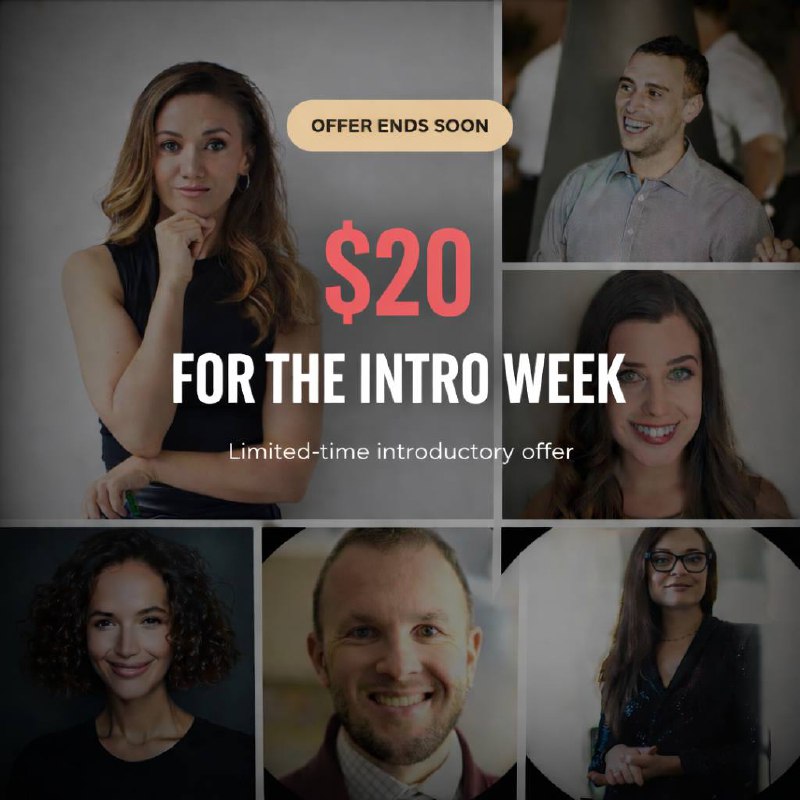Syllabus - 32 lectures - all under 9 modules
Module 1: Product Management Intro
During the first lecture we will go over the differences between a business product manager and a technical product manager. We will cover the schedule, the rules and any of your questions. This is an introductory session.
For the length of the course, you will choose a product to work on (fake or existing) and you will be applying knowledge from class towards building the portfolio for the product.
Module 2: Product development cycle: Ideation & Research
As you chose a product to build let's identify your product vision (version 1).
Now that you have identified your customers and niche, it is time to interview the target audience and test out your hypothesis. This is where interviews, reviews, mock websites, surveys come really handy. We start with the research before we even build any functionality. Our goal is to build only something that customers truly need, not what we think they might want. During this class the lecturer will share samples and templates of surviews and interview to use.
Module 3: Product Prototyping: Personas and Designing
During this module you will learn to prototype products in minutes. This is where segmentation and persona profiles help product managers make the right choices while thinking about product MVP and future capabilities. During the session we will go over the steps how to define segmentation and build personas' profiles.
Module 4: Product development cycle: Planning, Research and Business Model Canvas
In order to build the right product, one needs to understand well the customers and their needs, interview them, observe their behavior. You will learn how to conduct interviews with customers. We will also go over a Business model canvas, which is a strategic management tool used to visualize, develop, and refine a business model.
Module 5: Product development cycle: Data Analytics and Metrics
The way you present data can affect your fundraising initiative. During this session we will teach you to use the right visualization tools in order for you to tell a better story and keep your audience engaged. This class will include calculating TAM, SAM and SOM. With the development of ChatGPT we will use Ai tools to quickly process data instead of learning SQL. In addition to the online class, you get access to a video training. You will lear how to choose a North Star metric.
Module 6: Product development cycle: Planning
Roadmap planning is easy when everybody agrees with you, and you have a dedicated team of engineers. We will share processes and templates you can take to work right after the class. We will also cover more complicated scenarios, when the teams are cross-functional.
We will also dive into OKRs and product lifecycle.
Module 7: Product development cycle: Rollout & Commercialize
As the theory ends, each student will have a pitch deck which consists of modules built in previous classes. Each student will be required to demo their pitch deck and answer questions from audience (peer students in class). These are several classes planned for all students to have a chance to present. We will also discuss Go-to-market strategies.
Module 8: Product Automation and Ai Agents
What You’ll Learn:Mapping workflows using tools like Lucidchart, Miro, and NotionBuilding automations with Zapier, Make, and AirtableStreamlining team operations: intake forms, feedback loops, documentationCommon bottlenecks and how to resolve them with tech
Outcome: You'll be able to create automated workflows for product teams, operations, or customer journeys. What You’ll Learn:ML basics: models, training, predictions, data pipelines (non-technical)
Module 9: Preparation for the interview
What You’ll Learn: Set up a compelling LinkedIn profile that reflects your skills as a Product Orchestrator. Optimize your LinkedIn headline, summary, and featured sectionLearn how to talk about AI, workflows, and automation in your experience bulletsCreate and publish a GitHub portfolio (even as a non-coder!)Add workflow diagrams, automation scripts, prompt templates, and capstone project filesTips for networking, thought leadership, and job hunting in tech
Outcome: You'll walk away with a polished online presence, real projects to showcase, and a strategy to attract recruiters or clients.




